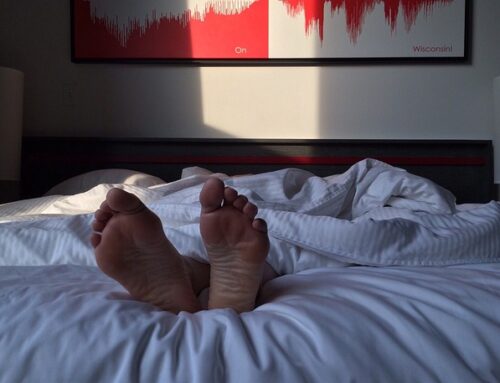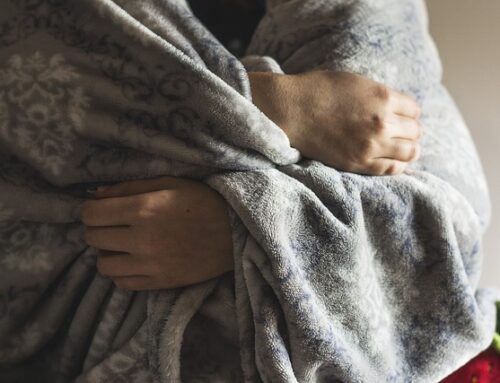According to Umeå University in Sweden, people who snore might have extensive tissue damage in the nerves and muscles of the soft palate. As a result, this can create problems for patients when swallowing. It can also contribute to the development of sleep apnea. Treatment options often include early intervention to stop snoring, which can have benefits in healing or preventing the development of sleep apnea.
Development of sleep apnea remains unclear
It is still unclear why some people develop sleep apnea. Some factors that might contribute are obesity, a small throat, neurological diseases and hormonal disorders. However, even if the patient doesn’t have any of those factors they might have sleep apnea. Rresearch has also shown that tissue damage in the soft palate is also an important contributor to the development of sleep apnea and disturbances in swallowing function. Farhan Shah, PhD, a student at the department of integrative medical biology at Umeå University, says that the nerve muscle injuries appear to contribute to the collapse of the upper airway during sleep. The nerve and muscle damage might be the result of recurrent snoring vibrations that the tissues are exposed to.
His dissertation looked at eight patients who snore and 14 with both snoring and sleep apnea compared to 18 non-snoring people. The patients were studied overnight. Tissue samples from their soft palate were also analyzed to detect muscle and nerve lesions. Results showed that snorers and sleep apnea patients had extensive damage to both nerves and muscles. This is related to the degree of swallowing disorders and severity of sleep apnea.
Research is needed on muscle damage
This is good information for us to know, but there is still so more to observe and research. This knowledge can help us to gain a better understanding of the various connections.
This research is also a step in the right direction and we need to look at treatment of sleep apnea. Will treatment help to prevent nerve and muscle damage? Could it prevent or cure further deterioration in patients who snore and/or have sleep apnea?




